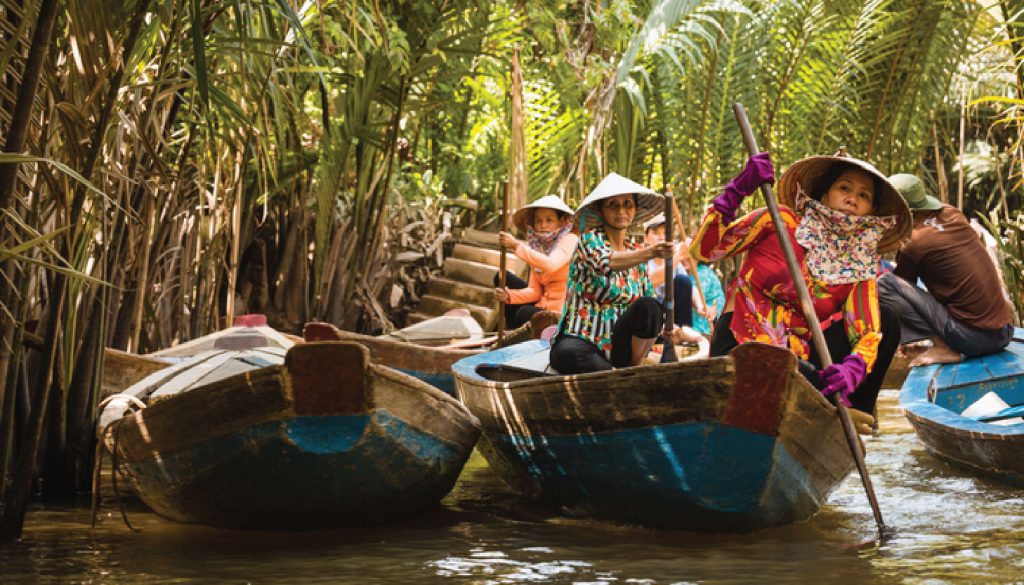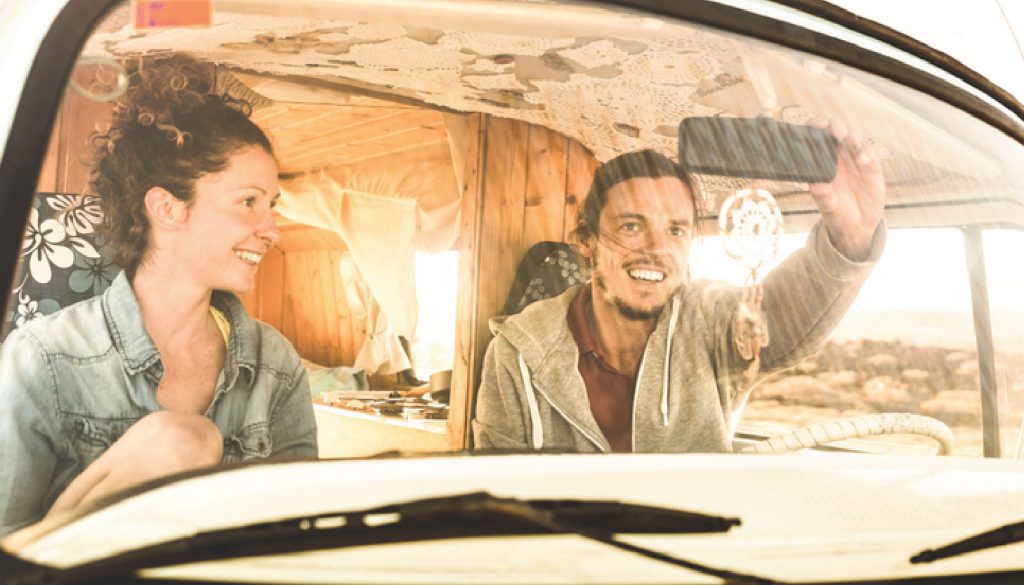In recent years, tourism, specifically sustainable tourism, has increased considerably. Here, we tell you how this sector has developed and what sustainability means when applied to this business area.
Tourism is one of the most widespread economic activities nowadays, it’s a way to leave routine to one side, escape from our day to day and enjoy some time with loved ones.
Tourism and sustainability
Tourism is a means of escape for millions of people all over the planet. It’s also a way to discover ecosystems and immerse ourselves in cultures spread around the globe. Sustainability applied to tourism has become increasingly latent in recent years due to the growing awareness and responsibility of the principal countries that experience the largest part of annual tourism.

Sustainability: a factor to bear in mind
Sustainability is the best way to get to know a country, keeping the goal in mind of respecting and caring for the properties that make a country or city a quality tourist destination. Culture, economy and biodiversity are the main elements when talking about sustainability. According to the World Tourism Organization (UNWTO), sustainable tourism “takes full account of its current and future economic, social and environmental impacts, addressing the needs of visitors, the industry, the environment and host communities”.
40% of traveller want to go on eco-tour trips
The analyses carried out by all the institutions that are part of global tourism sustainability projects are encouraging, although there’s still much to be done. In the coming years, a third of tourists will opt for destinations that are campaigning for sustainability awareness. Of the travellers who are not quite sure of what this type of tourism is, 39% would be prepared to take eco-tourism trips and try the experience, while 79% believe it’s necessary to offer ongoing sustainability and energy efficiency measures and make active commitments towards the environment and biodiversity.
Almost twice the increase in sustainable destinations
Booking.com carried out a global survey and found that between 2014 and 2015 the demand for sustainable destinations increased by nearly 50%. Similarly, in another study conducted by tour operators, we saw that approximately 83% of tourists prefer to pay more for a hotel that’s eco-friendly. This is a clear sign that this type of tourism is present among all those who previously opted for something more traditional.

New sustainable trends in tourism
Airbnb has consolidated its leadership in the tourism sector with its platform for advertising and renting accommodation, exceeding US$2000 million in revenue during its first 10 years of operation. One of the great advantages of the service is that it’s available almost everywhere in the world.
However, despite Airbnb’s success as a company, its business has generated plenty of problems for consumers, such as the shortage of housing and gentrification, which have led to rents rising steadily. For this reason, a new platform called FairBnB has developed a more responsible, ethical and sustainable tourism model.

Founded by Sito Veracruz, FairBnB is a collaborative accommodation platform available for communities and against gentrification. The aim is to put power back in the hands of the community and reduce damage to the environment.
After several years of development, the new accommodation platform is set to be launched in four cities next year. Amsterdam will be one of the cities where the FairBnB pilot project will be launched and start to offer greater benefits to local communities. According to the founder of the new platform, the main differences with regard to Airbnb are the following:
- Transparency and accountability: FairBnB’s approach includes working with national governments to establish fair taxes and make the rental process as transparent as possible.
- Community projects: 50% of the company’s commissions are reinvested in community projects.
- Cooperative model: The platform belongs to and is owned by many people, mainly those involved in improving the project.
The cooperative that currently owns FairBnB has eight partners, all of whom are working class. However, the founder’s plan is to share this approach with many other communities.

In short, the evolution that’s unfolding in the sustainable tourism sector is latent and indicates the growing awareness and sensitisation of all the actors involved. This is all backed by data that support this necessary responsibility by the tourism sector. Care for the environment, biodiversity, the economy and local cultures is essential if we want to leave a legacy for future generations. If what we want is tourism, it’s imperative to ensure sustainability.






